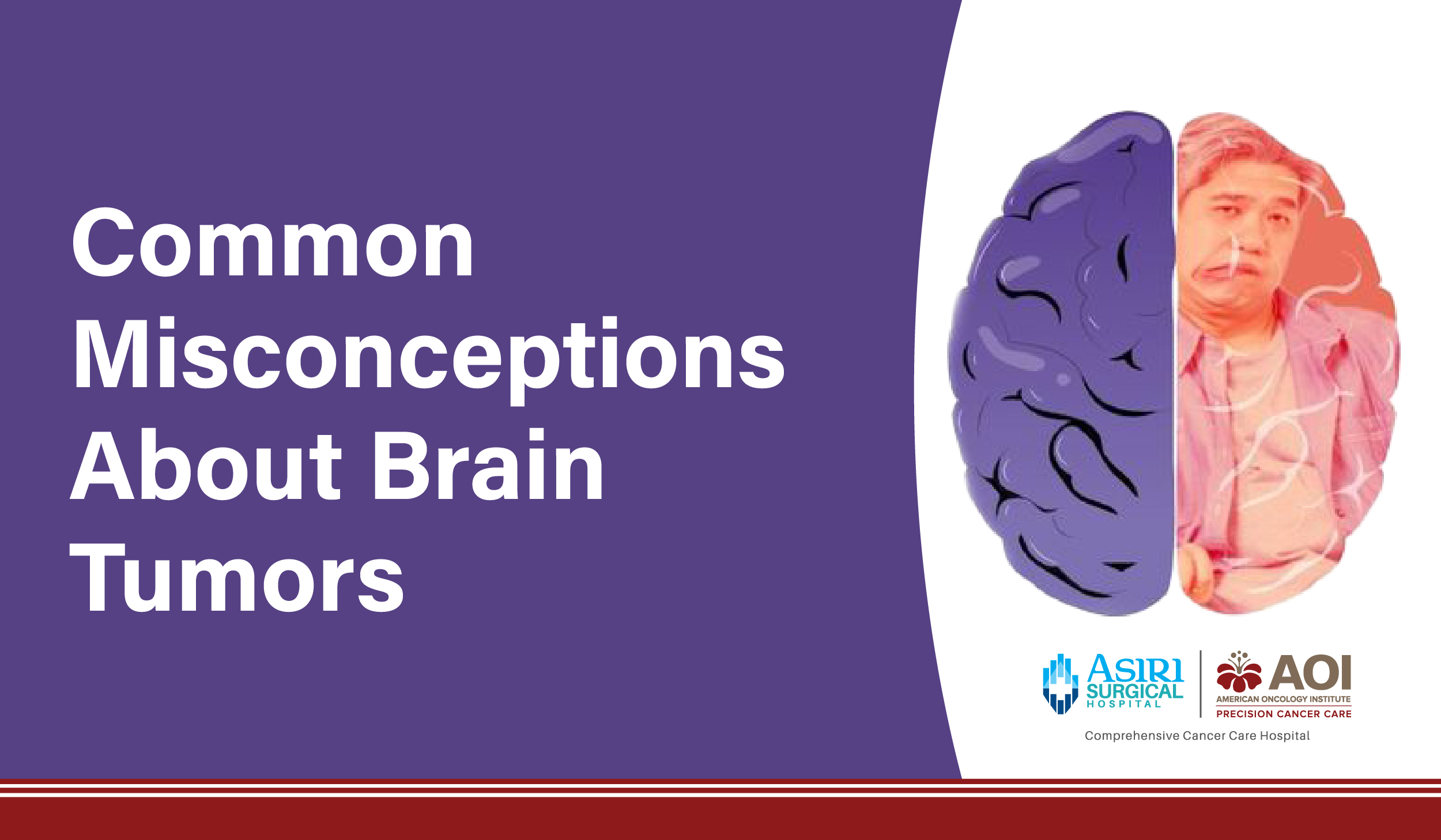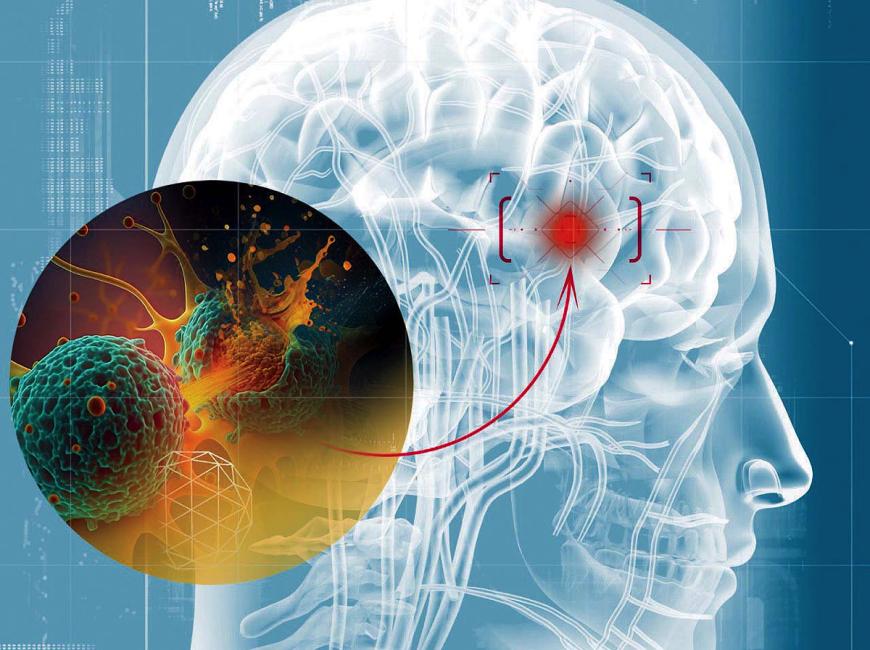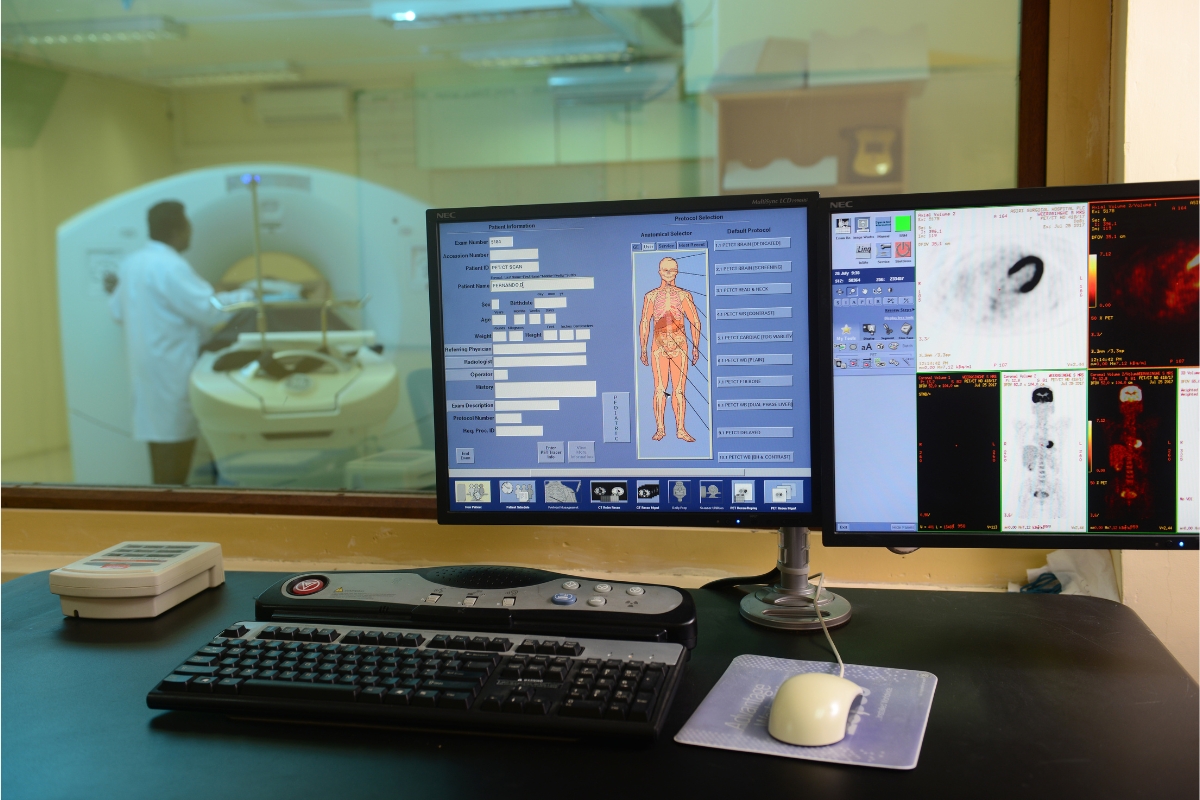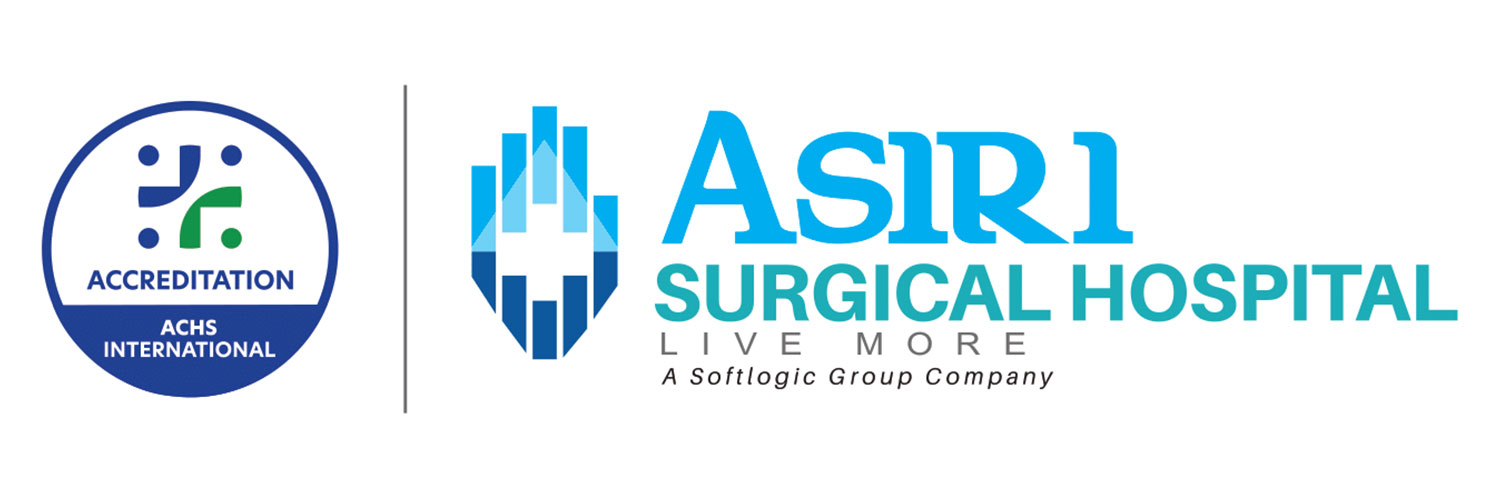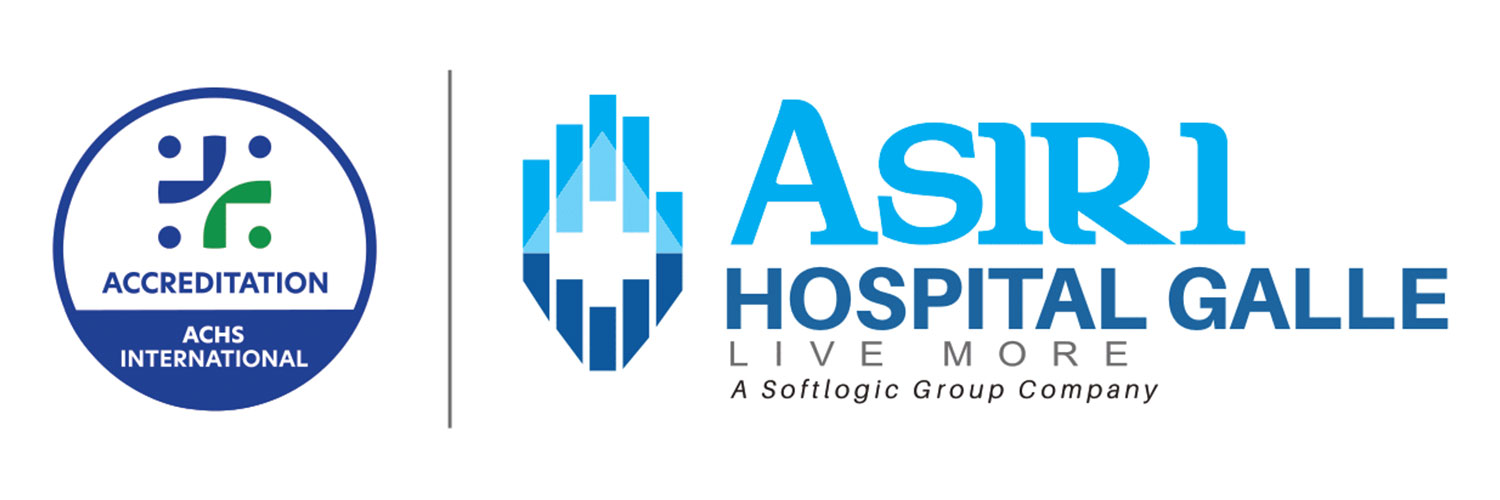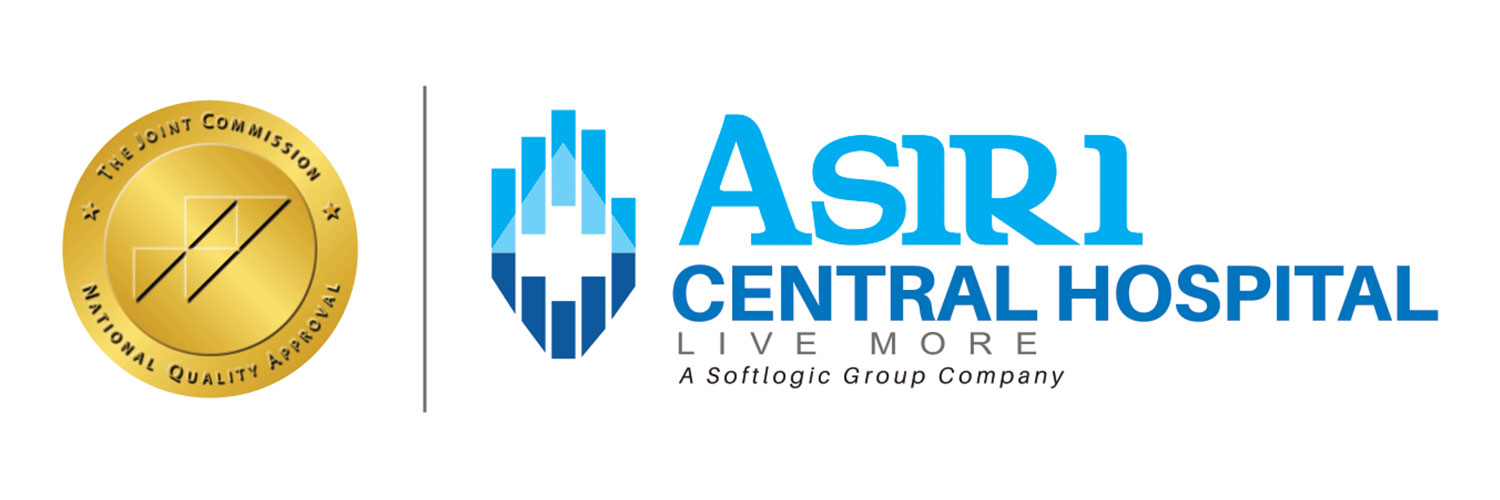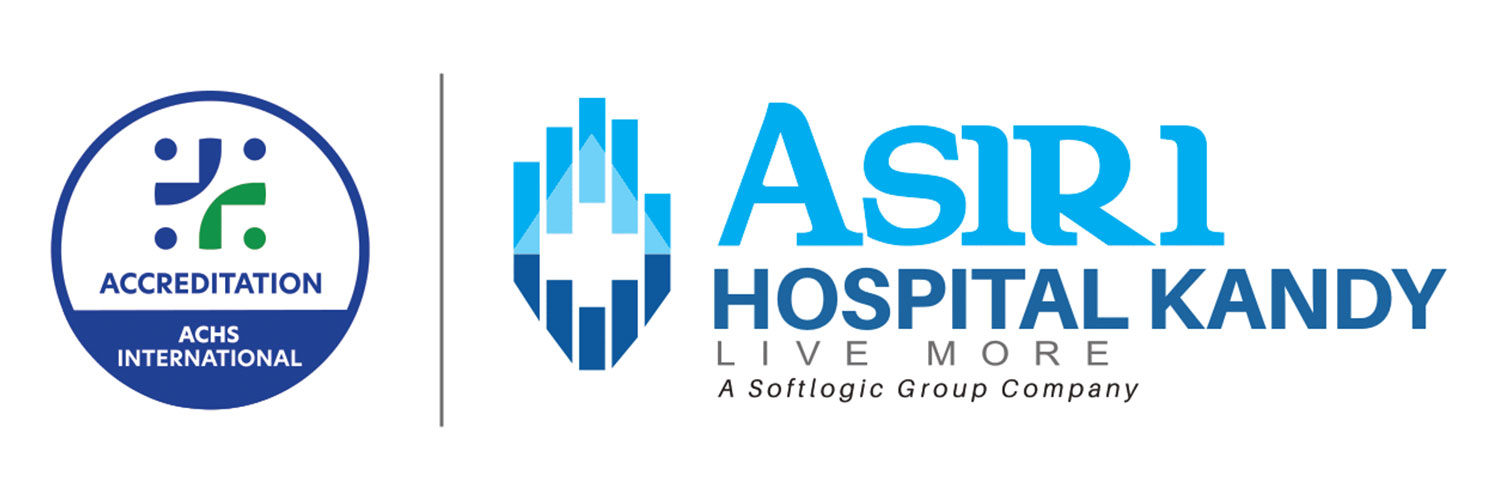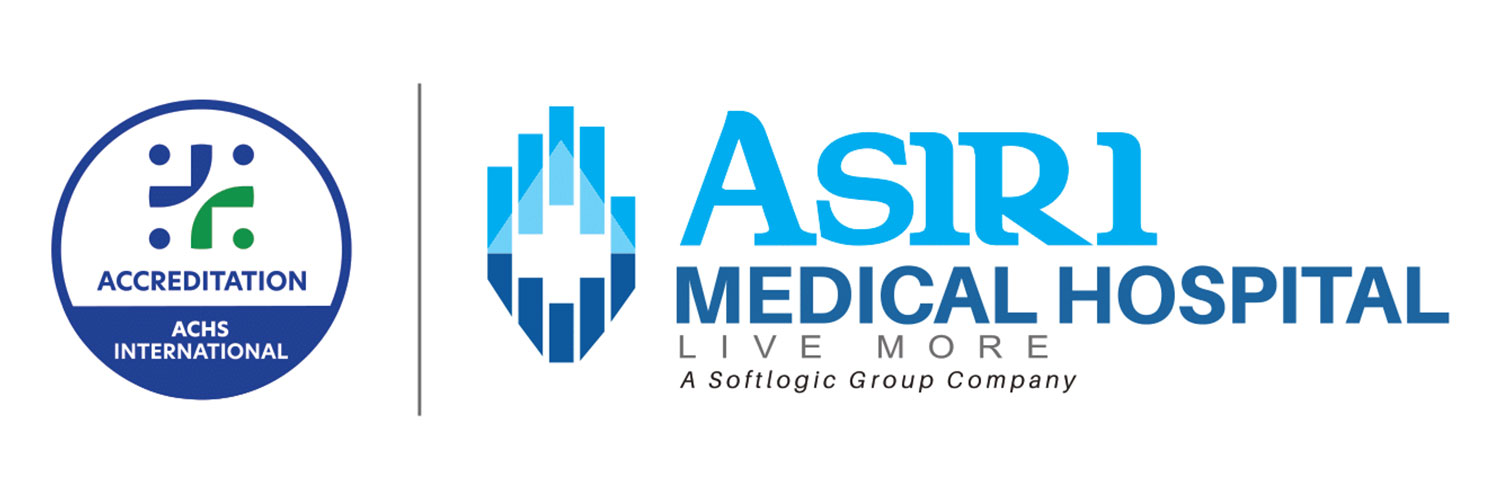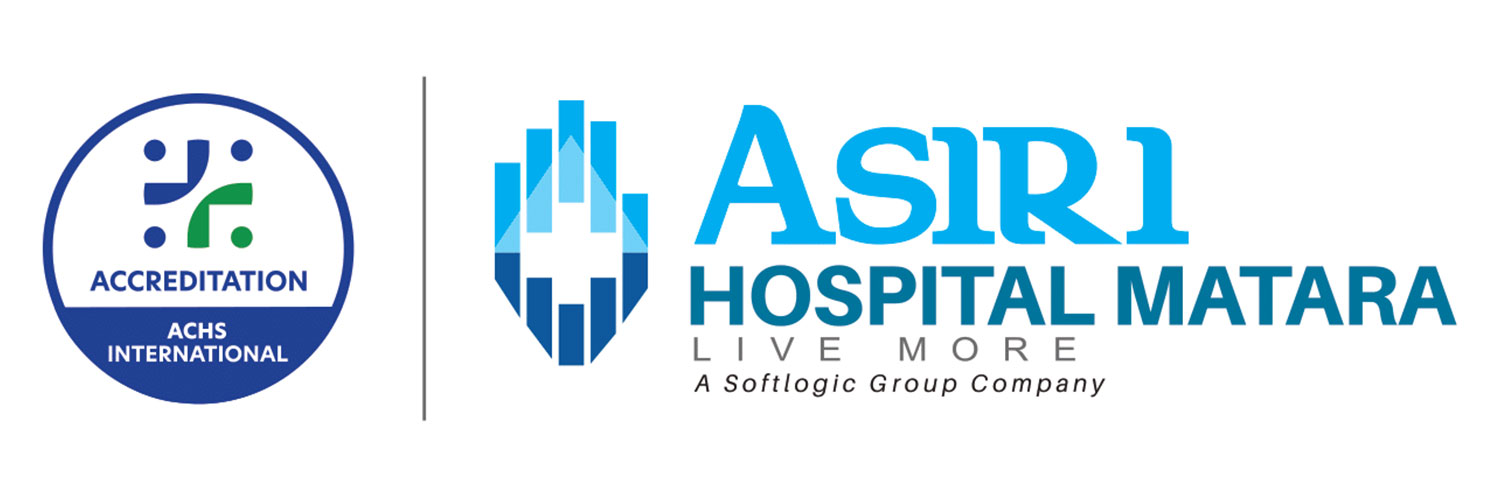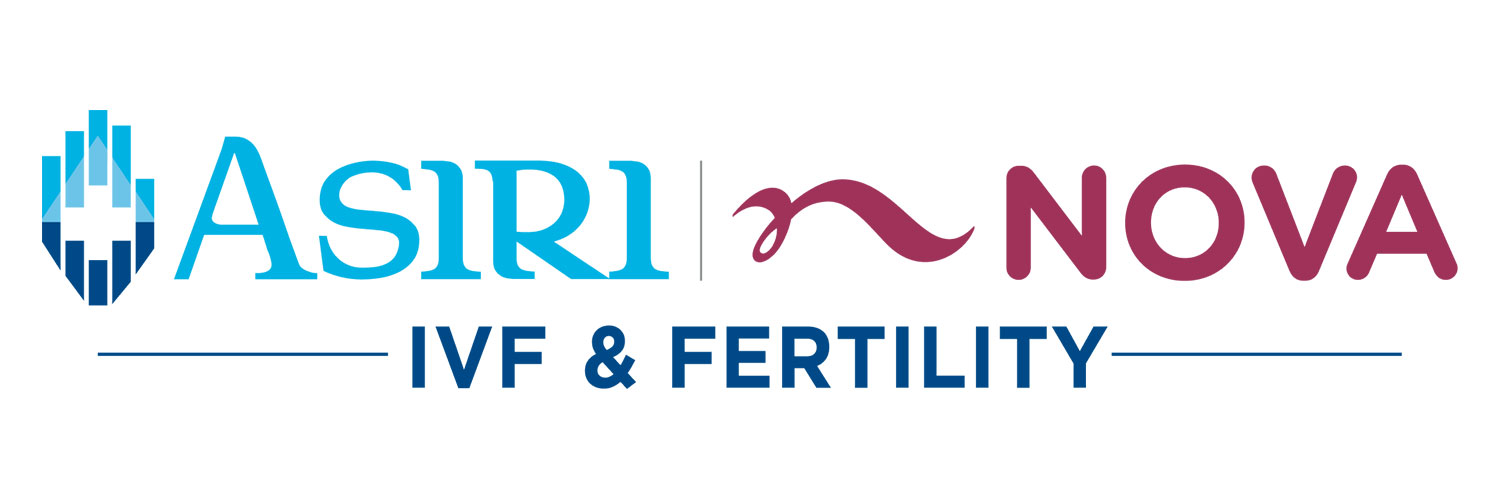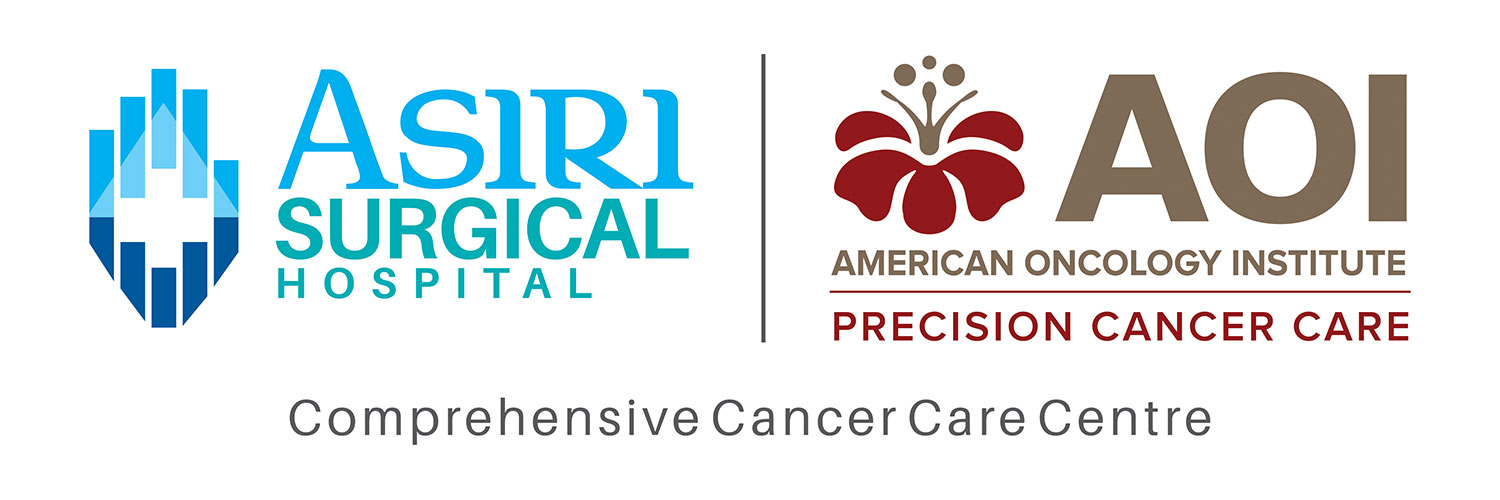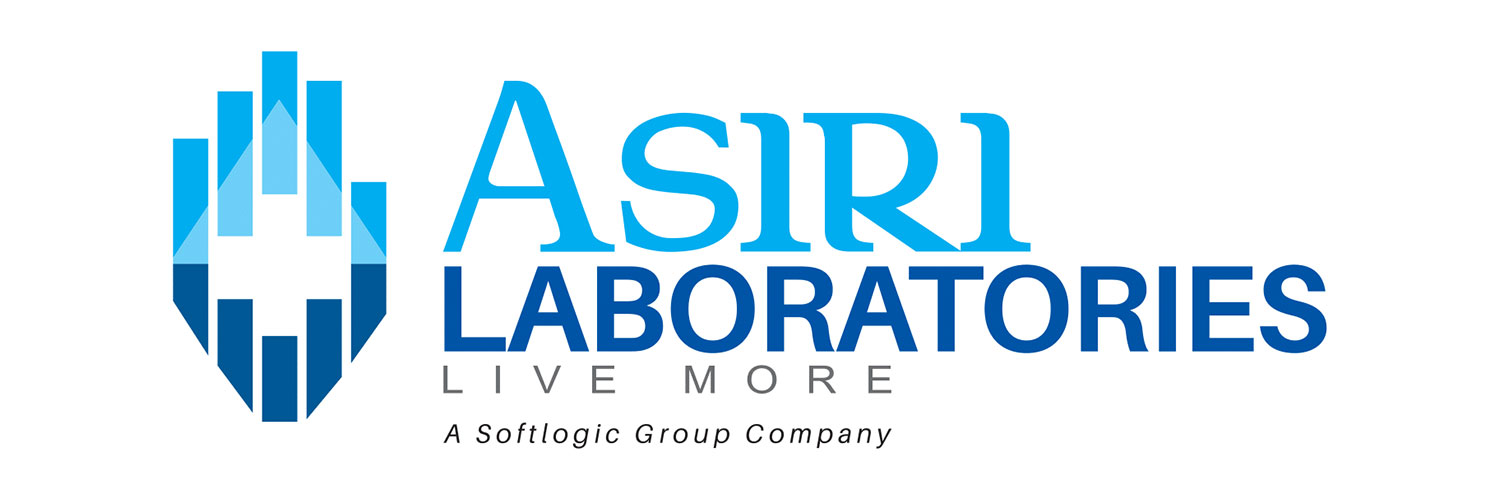October 9, 2024
Common Misconceptions About Brain Tumors
Brain tumours are a deeply concerning diagnosis for anyone, often evoking fear and uncertainty. Many misconceptions about brain tumours add to this anxiety, leading to confusion and misunderstanding. We will also highlight how advanced treatment options at Asiri AOI Cancer care Hospital can offer hope and care for those affected.
Misconception 1: All Brain Tumours Are Cancerous
One of the most widespread misconceptions is that all brain tumours are cancerous. This is not true. Brain tumours can be either benign (non-cancerous) or malignant (cancerous).
- Benign Tumours: These tumours do not contain cancer cells and often grow slowly. While they may cause symptoms due to their size or location, they do not invade surrounding tissue. However, benign brain tumours still need medical attention, as they can disrupt the brain’s normal functions.
- Malignant Tumours: These are cancerous and more aggressive, meaning they can spread to other parts of the brain or body. These tumours require prompt treatment, which may include surgery, chemotherapy, or radiotherapy.
Both types of tumours can cause significant health issues, depending on their size, location, and the pressure they exert on surrounding brain tissue. At Asiri AOI Cancer care Hospital, patients receive comprehensive diagnostic assessments to determine the nature of the tumour and the most appropriate treatment plan.
Misconception 2: A Brain Tumour Always Causes Severe Headaches
Many people associate brain tumours with excruciating headaches, but this is not always the case. While headaches can be a symptom of a brain tumour, they are not always severe or constant.
- Headache Frequency and Severity: The frequency, location, and intensity of headaches vary from person to person. Some individuals with brain tumours experience mild or no headaches at all, while others may have headaches that worsen over time.
- Other Symptoms: Brain tumours can cause a wide range of symptoms, depending on their size and location in the brain. These may include seizures, vision problems, changes in speech or behaviour, memory loss, or difficulty balancing. It’s important to consider these symptoms alongside headaches, rather than focusing solely on the presence or severity of pain.
At Asiri AOI Cancer care Hospital, our team of neurologists and oncologists will carefully assess each patient’s symptoms to ensure an accurate diagnosis and treatment plan.
Misconception 3: Brain Tumours Only Occur in Older Adults
Another common misconception is that brain tumours only affect older adults. In reality, brain tumours can occur at any age, including in children and young adults.
- Children: Brain tumours are one of the most common forms of childhood cancer. While rare, they are still a significant health concern in paediatric populations.
- Adults: Brain tumours are also diagnosed in young and middle-aged adults, although the risk may increase with age.
At Asiri AOI Cancer care Hospital, we offer specialised care for patients of all ages, including personalised treatment plans for both children and adults. Our advanced diagnostic tools allow us to detect brain tumours early and provide tailored treatments based on the patient’s age, tumour type, and overall health.
Misconception 4: Surgery Is the Only Treatment for Brain Tumours
Many people assume that surgery is the only option for treating brain tumours. While surgery is a common treatment, it is not the only option. The treatment approach depends on several factors, including the tumour’s size, location, type, and the patient’s overall health.
- Surgery: Surgery is often used to remove as much of the tumour as possible, especially if it is accessible and located in a non-sensitive area of the brain.
- Radiotherapy: This treatment uses high-energy radiation to target and kill tumour cells. At Asiri AOI Cancer care Hospital, we offer cutting-edge radiotherapy options, including the TrueBeam STx Linear Accelerator, which provides precise radiation treatment while minimising damage to surrounding healthy tissue.
- Chemotherapy: This treatment uses drugs to target and destroy cancer cells. Chemotherapy may be used in combination with surgery or radiotherapy for certain types of brain tumours.
- Targeted Therapy: Advances in medicine have led to targeted therapies that focus on specific molecules or genetic mutations within tumour cells. These therapies are designed to minimise damage to healthy cells and reduce side effects.
At Asiri AOI Cancer care Hospital, we offer a multi-disciplinary approach to brain tumour treatment, combining surgery, radiotherapy, chemotherapy, and targeted therapy to provide the best possible outcome for each patient.
Misconception 5: Brain Tumours Are Always Fatal
A brain tumour diagnosis does not always mean a death sentence. Many people assume that brain tumours are inevitably fatal, but this is not the case.
- Survival Rates: Advances in medical technology and treatment options have significantly improved survival rates for many types of brain tumours. Some benign tumours can be removed entirely, while others may be controlled with ongoing treatment.
- Ongoing Management: Even in cases where the tumour cannot be completely removed, modern treatments can help manage symptoms and slow the progression of the disease. With proper care, many patients can live full and meaningful lives.
At Asiri AOI Cancer care Hospital, we offer hope and support to patients and their families. Our state-of-the-art cancer care solutions are designed to improve survival rates and enhance quality of life.
Misconception 6: Brain Tumours Are Caused by Mobile Phones
There has been a longstanding myth that mobile phone use can cause brain tumours. However, there is no conclusive scientific evidence to support this claim.
- Scientific Studies: Numerous studies have been conducted to explore the potential link between mobile phone use and brain tumours. To date, these studies have not found any clear connection. According to health organisations, the radiation emitted by mobile phones is too low to cause cancer or brain tumours.
- Other Causes: The exact cause of most brain tumours is still unknown. However, factors such as genetics, exposure to high levels of radiation, and family history may increase the risk of developing a brain tumour.
At Asiri AOI Cancer care Hospital, our medical team stays up to date with the latest research to provide patients with accurate and evidence-based information.
Misconception 7: Brain Tumours Always Cause Symptoms Immediately
Many people believe that brain tumours will always cause noticeable symptoms right away. However, some brain tumours may grow slowly and remain undetected for months or even years.
- Slow-Growing Tumours: Benign tumours, in particular, may grow slowly and cause only subtle or mild symptoms over time. Because the brain can sometimes compensate for the tumour’s presence, symptoms may not appear until the tumour has reached a significant size.
- Symptom Variation: The type and severity of symptoms depend on the tumour’s location. Some tumours may affect specific areas of the brain responsible for vision, speech, or movement, while others may cause general symptoms like headaches or fatigue.
Early diagnosis is key to effective treatment. At Asiri AOI Cancer care Hospital, we use advanced diagnostic tools, such as PET CT and MRI, to detect brain tumours at the earliest possible stage, even before symptoms appear.
Brain tumours are a complex and often misunderstood condition, but understanding the facts can help reduce fear and uncertainty. By addressing common misconceptions, we can promote a clearer understanding of brain tumours and the treatment options available.
At Asiri AOI Cancer care Hospital, we are committed to providing compassionate care and advanced treatment solutions for brain tumours. Our multi-disciplinary approach ensures that patients receive personalised care tailored to their unique needs, offering hope and support to those facing this challenging diagnosis.
